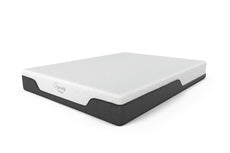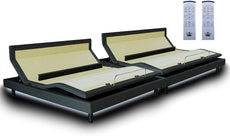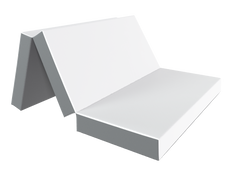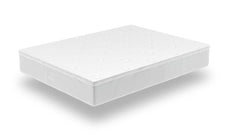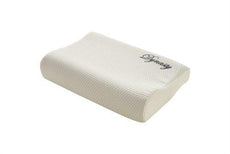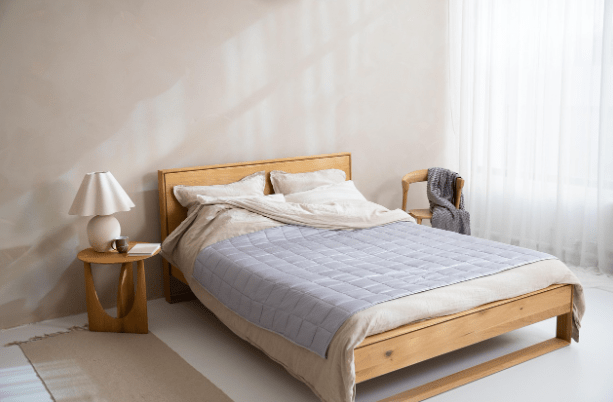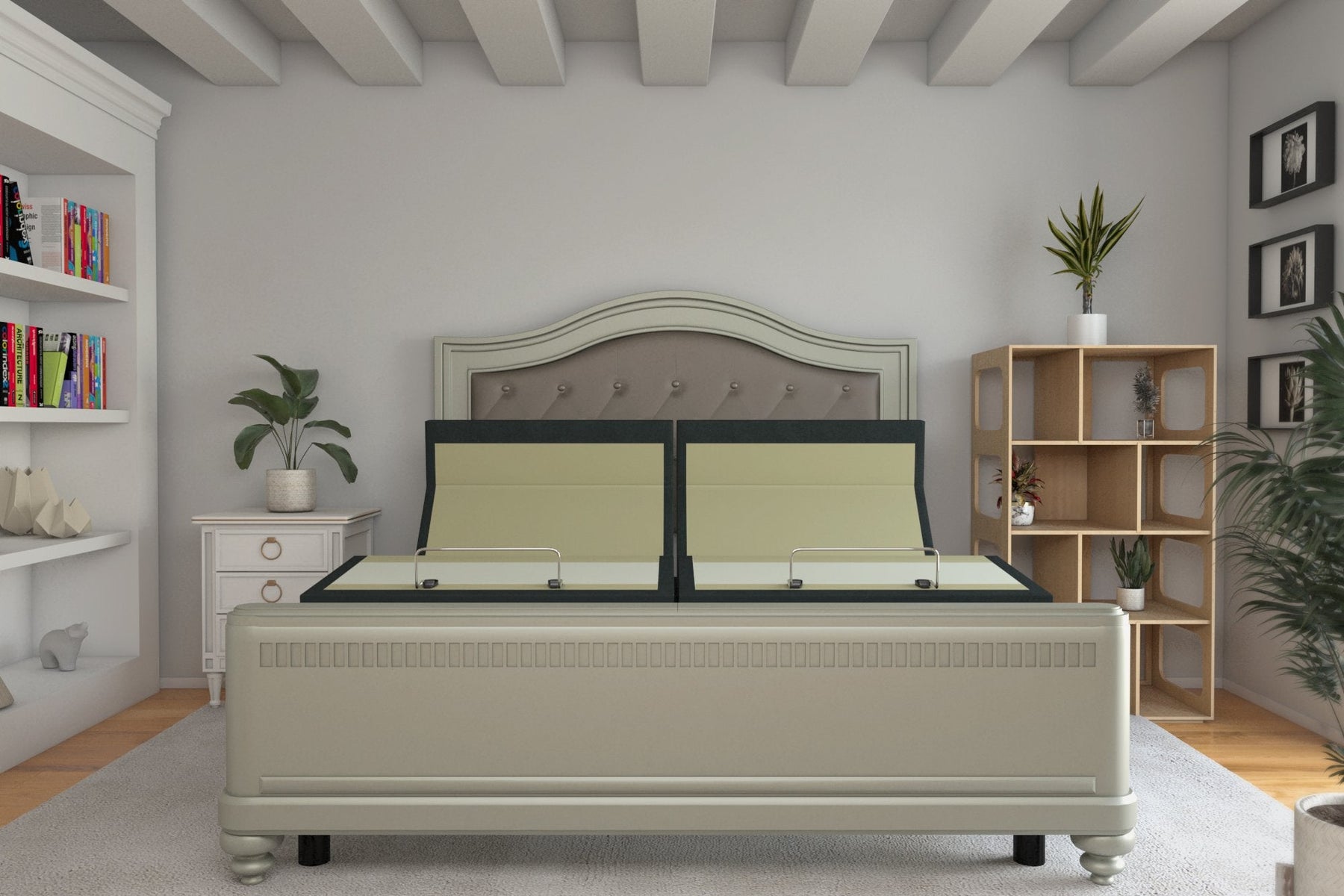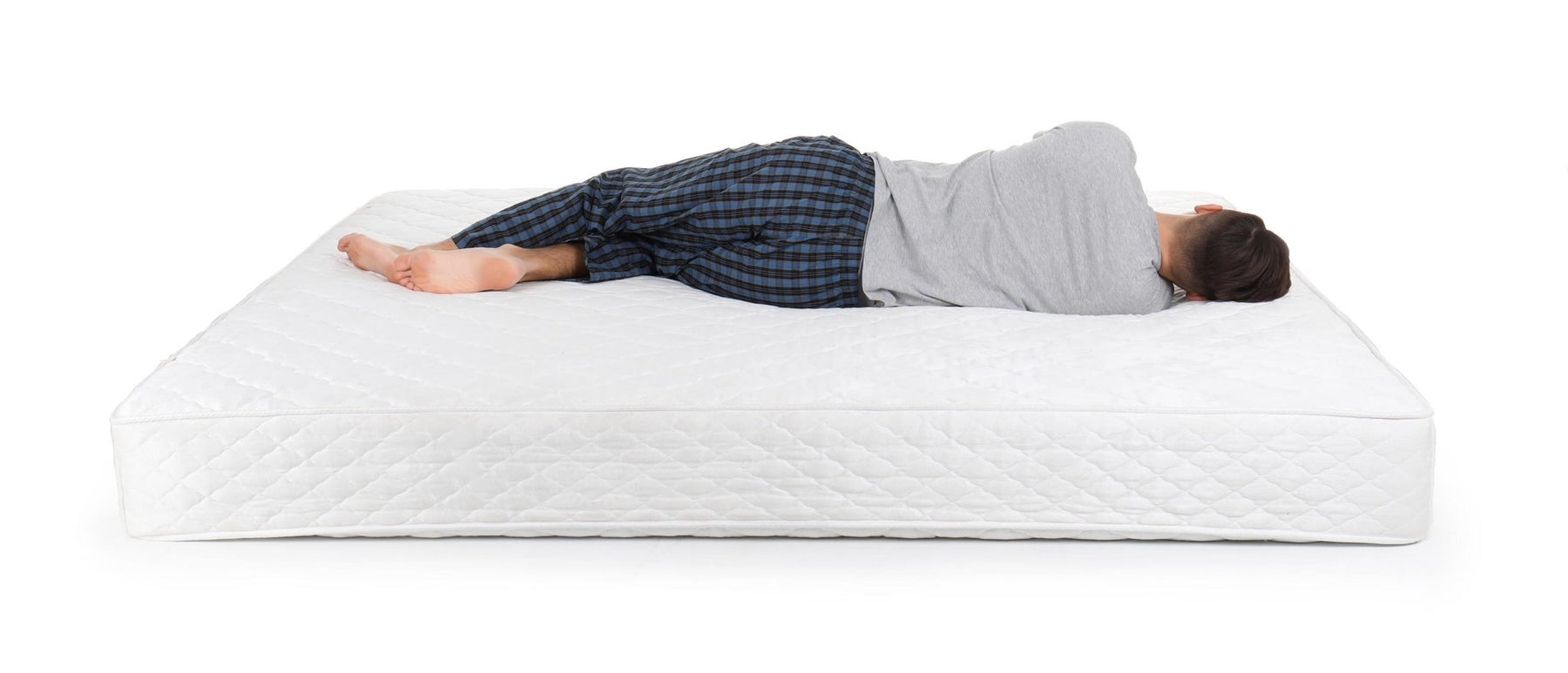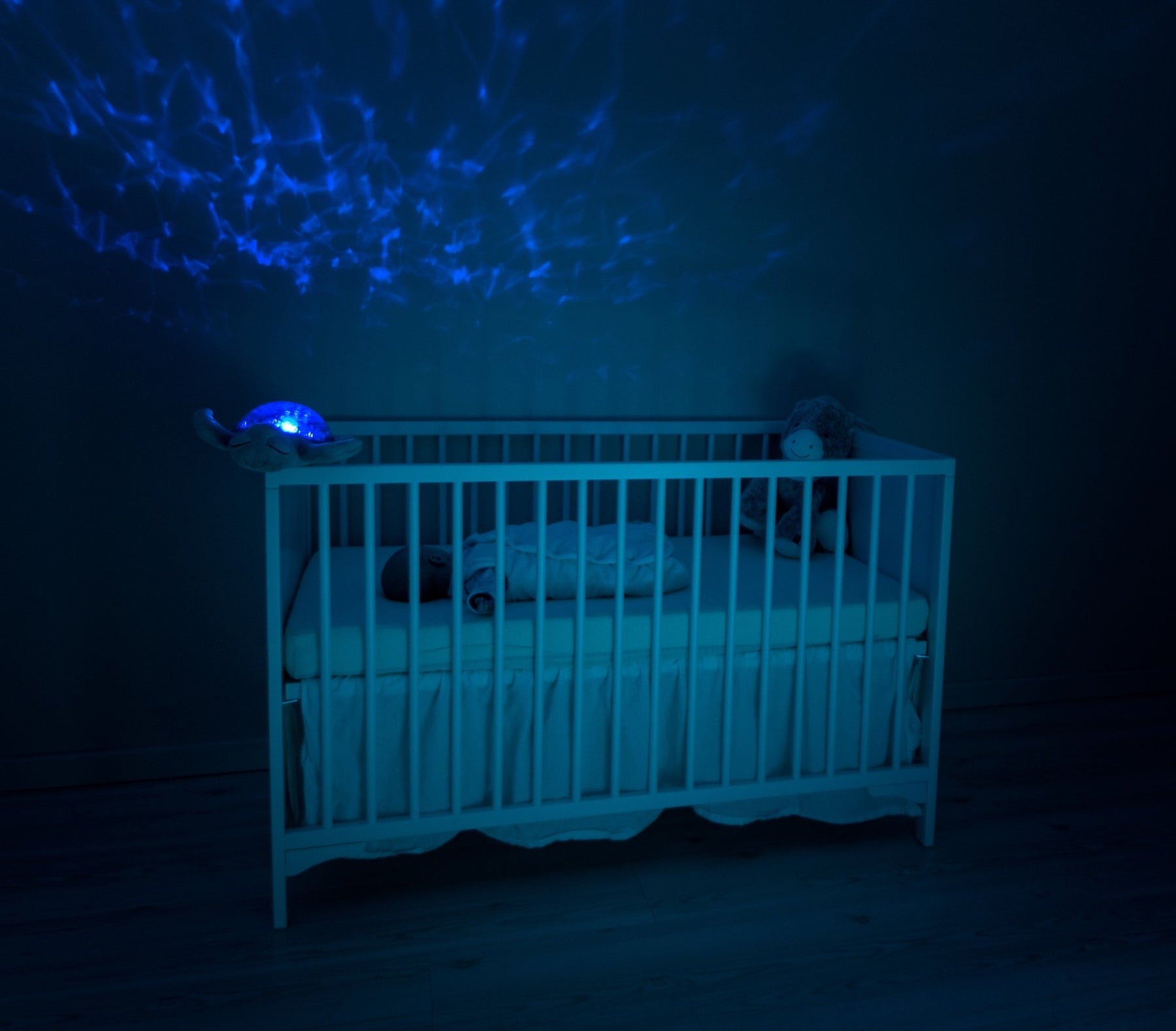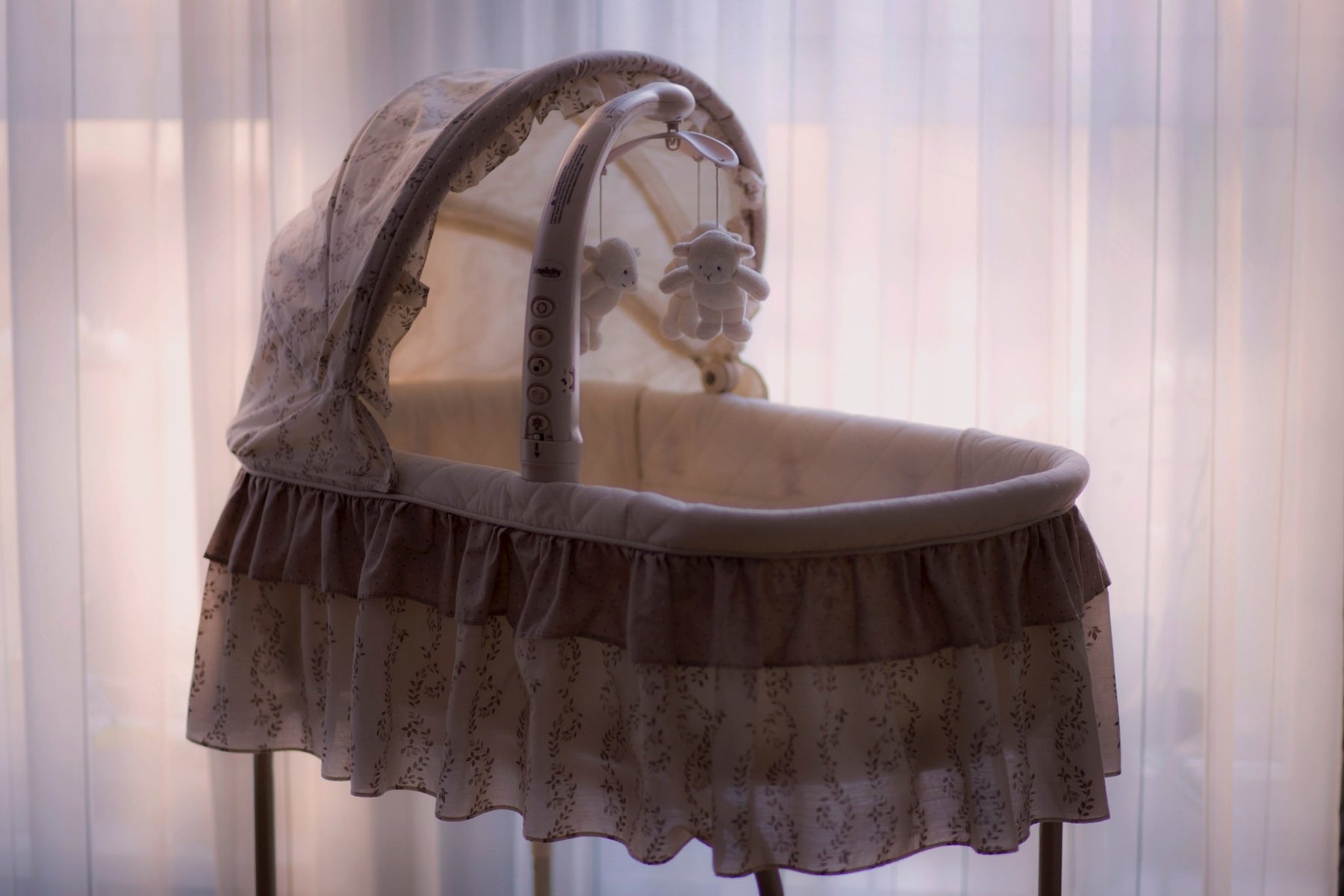
How Long Should a Mattress Last?
One thing that all mattresses have in common is that they incur wear and tear over time. Still, some hit their limit quicker than others, as there are several factors at play when it comes to mattress longevity. If you’ve got an aging mattress on your hands and want to know if it’s time to get rid of it, this is the article for you. In it, we’ll tell you how long the average mattress lasts and share information on factors that lengthen or shorten a mattress’s lifespan. Let’s get right into it!
This is the Lifespan of a Mattress
The first thing you need to understand is that the longevity of a mattress depends on the quite a few factors, which we’ll outline a little later. But, on average, mattresses last anywhere from 7 to 10 years before they need to be replaced. Still, there are some mattresses that last for more or less time than that.
Factors that Affect How Long a Mattress Lasts
Now, you understand how long you can expect the average mattress to last. But in case you weren’t aware, there are several factors that can drastically affect how long your particular mattress will last. We’ll take a look at those below:
The Mattress Type

Some mattress types are known to last for decades while others don’t make it to the 7 year mark. If you want a mattress that lasts for a decade or longer, you should opt for a high-quality memory foam or latex mattress. These materials are more durable than most other mattress materials, and the denser they are, the longer they’ll tend to last. Low-density foams lose their conformative abilities quicker than their high-density counterparts.
On the other end of the spectrum are innerspring mattresses, which wear out considerably after just a few years - usually less than 7. The problem with innerspring mattresses is that their longevity hinges on the strength and resilience of the springs - metal springs can only bear weight for so long until they begin to lose their shape.
Hybrid mattresses fall somewhere in the middle, since they are made of a combination of springs and foams, which have varying levels of durability. What’s more is that every hybrid mattress is unique. So, there’s no way to tell how long hybrid mattresses last without speaking to the manufacturer of the mattress.
Whether You Buy Your Mattress New

Used mattress come in handy for budget-conscious consumers, but they don’t last very long. Pre-owned mattresses wear out quicker than new mattresses because they’ve already incurred wear and tear from their previous owner(s). If you’re concerned about the longevity of a mattress and are stuck choosing between a new or used mattress, go for the new one.
How You Sleep on the Mattress
Your sleeping position can affect how your mattress ages. If you tend to sleep on your side, you may find that you mattress sags prematurely where your shoulders and hips lie. If you sleep on your back or stomach, this issue shouldn’t come up for you.
Note: We advise against changing the way you sleep to make your mattress last longer. Sleep however you feel most comfortable - there’s nothing wrong with side sleeping. Just choose a mattress that’s built for that sleeping position.
How Much You Weigh
Your weight plays a role in how long your mattress lasts. If you’re a heavy person, your mattress could begin to show signs of wear much quicker than if you were lighter. There are mattresses that are built specifically for heavier people, and those will last a bit longer than typical mattresses in this case.
Your Mattress Care Routine

Do you usually take the time to clean and rotate your mattress? If you want your bed to last a long time, we urge you to start now! Typical mattresses should be rotated every few months to avoid sag spots and premature ageing. If you don’t do that, you could be in the market for a new mattress sooner rather than later.
The Mattress Manufacturer
Experienced mattress manufacturers usually know how to craft a long-lasting mattress, while newer manufacturers often have a lot to learn. As a result, if you don’t get your mattress from a reputable company or manufacturer, the bed’s durability and longevity could be lacking. So, do your research and choose a mattress from a company that’s been in the industry for several years (a decade or more) and consistently brings high quality mattresses to market.
If you’re not quite sure about your current mattress’s lifespan, factor in the above to get a better idea.
Does Your Mattress Need to Be Replaced?

Before you begin your search for a new mattress, you first need to decide whether it’s even time to replace your current one. Here are a few signs of an aging mattress that you should be on the lookout for:
- Your mattress is on the older side. If you bought your mattress more than 7 years ago, it’s in its later years. Chances are you’ll need to replace it soon.
- You wake up with new aches and pains. Your mattress is not supposed to hurt you in any way. If it does, it’s time for a replacement.
- The mattress is losing its firmness. If your mattress is losing its firmness, it can’t possibly give you the support you need for a good night’s rest. It could also contribute to sneaky back and neck injuries that reduce your overall quality of life.
- You find it impossible to get comfortable in bed. Your mattress could be past its expiration date if you struggle to get comfy at night. If the mattress was ever any good, you probably fell asleep soon after your head hit the pillow. But when you toss and turn for a while before dozing off, it’s a sign that the mattress is no longer doing its job.
- Your allergies are acting up more often or when you’re in bed. It could be that allergens like pet dander and dust mites have built up in your mattress and it’s time to get rid of it.
- There’s visible damage to the mattress. If your mattress has springs poking through it, tears, sunken spots, or water damage (mold, mildew, etc.), you should get rid of it as soon as possible.
If any of the above apply to you and your mattress, you probably need a mattress replacement.
You Decide When It’s Time to Replace Your Mattress
It’s important to understand that, even if it’s been 7 years or more since you bought your mattress, that doesn’t automatically mean it’s time for a replacement. No one but you can decide whether your mattress is serving you well. If you’ve decided that it is, don’t replace your mattress yet; if it isn’t, you’re better off getting a new one.
So, there you have it - most mattresses last anywhere from 7 to 10 years. But yours could last considerably longer under certain circumstances. We hope that you found all the information you were looking for in this article and we wish you countless nights of good sleep.
Other articles you may like
0 comments
